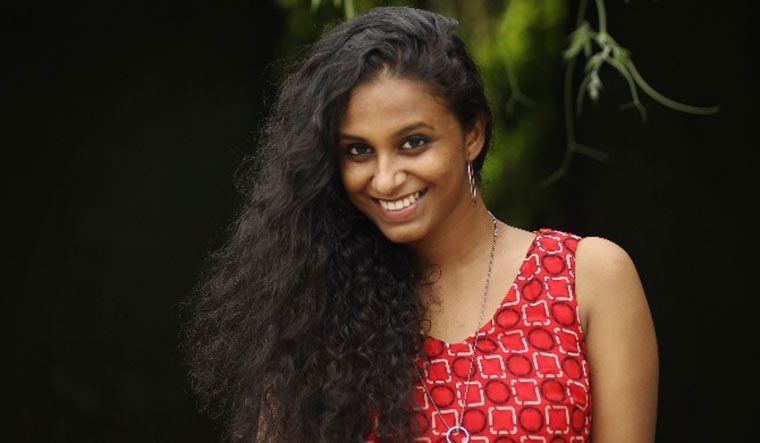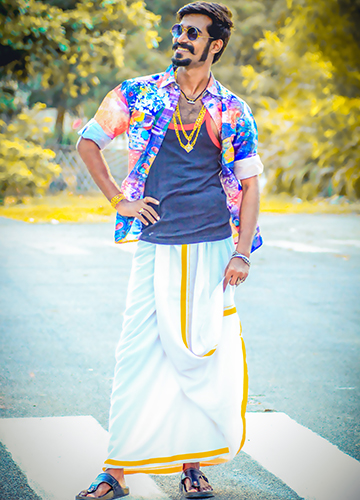Soon after the video-sharing app TikTok entered the scene in 2012, it became a virtual Pied-Piper, seducing its followers to dance to its tune (often literally). As TikTok’s popularity began to surge, it started getting embroiled in controversies. There was the worry that the Chinese were using the app to steal data. Then there was the allegation that TikTok was hiding videos of the protests in Hong Kong to appease the Chinese. Some people denounced it for promoting illicit content and pornography. Then, on June 29, the border stand-off between India and China led to the Union government banning 59 Chinese apps, including TikTok.
Sure, there are the bigger questions of espionage, ethics, international posturing and political tit-for-tat, but none of this largely mattered to the over 200 million TikTok users in India. For them, TikTok was a free-for-all bazaar of creativity, full of quirky microwave challenges, ‘sad panda’ memes, funny couple fights and re-enactments of famous dialogues. The app offered a way for them to create a glitzy, happy-go-lucky alter-ego of themselves that sometimes bore little resemblance to their real-life versions. It was escapism at its goofiest.
“On TikTok, everything was readymade,” says Mumbaikar Nivya Velayudhan, 28, who has posted on the platform between 200 and 500 videos of her singing and performing Bollywood dance sequences. “And, there were no copyright issues like there are on YouTube,” she says. She has been on TikTok for a year-and-a-half now. “I immediately downloaded all my videos when I heard about the ban,” she says. “It came to around 32 GB.”
The appeal of TikTok for many was that it was a great leveller. You did not need to be a celeb to amass followers on the platform. Instead, you could become a celeb through the platform. “People say I look like actor Dhanush, so I recreate songs from his trending movies,” says Vivek, a content creator with six lakh followers on TikTok, who goes by the handle Maari Vicky. “My cover song of [the Dhanush song], Rowdy Baby, went viral and got over 11 million views.”
This opened the door for many app promotions for Vivek, and ultimately, to the world of television, with several stand-up performances in TV shows. The BTech graduate says that his family was always happy with his creative pursuits because it created a secondary source of income. “I never asked them for money,” he says. “I am grateful to TikTok [for helping me enter the world of entertainment].”
With TikTok no longer there, content creators have been forced to migrate to other platforms. “The options in TikTok were so easy to use,” says Venkatesh Poddisetty, a TikToker from Telangana. “It helped us reach the target audience perfectly. We hope (similar) Indian apps will come up.” But what TikTok opened for them, they are not willing to give up. “I will express my creativity in other ways,” says Velayudhan. “I can dub for other videos. I can lip-sync dialogues and put it up elsewhere.”
Many people dismiss TikTok as “mindless fun”. But it was much more than that. It did not have the uppity vibe of Facebook or Instagram, where everyone clamoured to present sugar-coated versions of themselves. TikTok was less about one-upmanship and more about self-expression. And that is something TikTokers are unwilling to give up.




